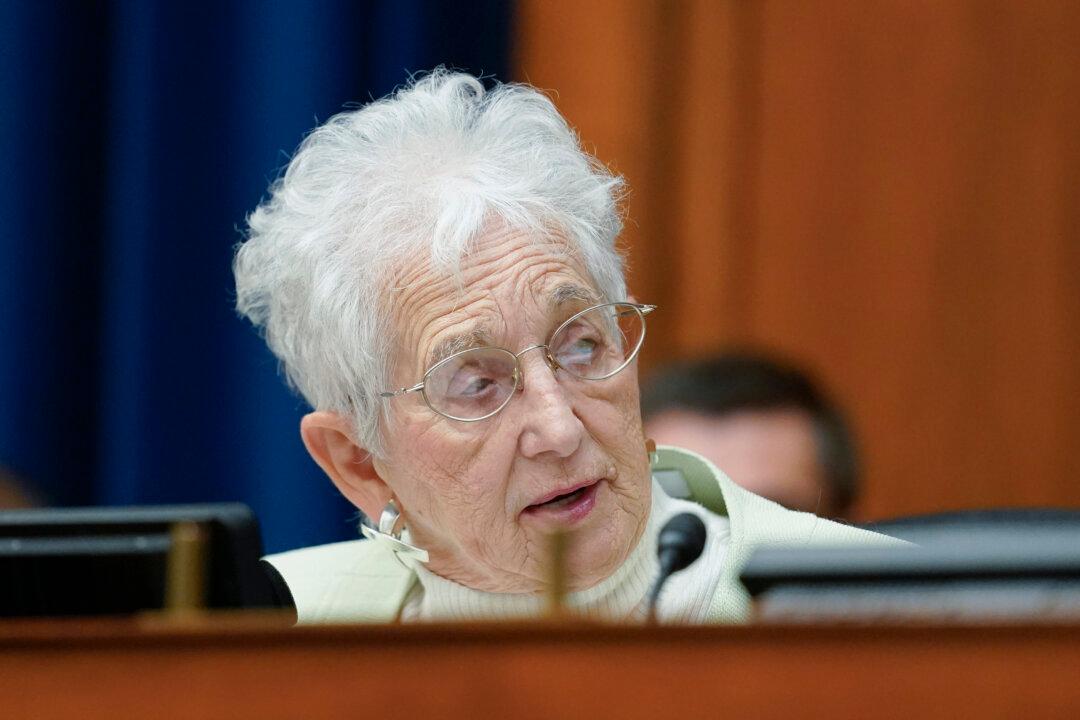Rep. Virginia Foxx (R-N.C.) announced her intention to subpoena the acting secretary of labor if the Department of Labor (DOL) doesn’t provide the information requested by the committee she chairs.
Foxx announced in an Aug. 8 press release from the Committee on Workforce and Education that the committee would subpoena DOL Acting Secretary Julie Su due to her failure to provide responses on what the chairwoman termed as worker misclassification.





